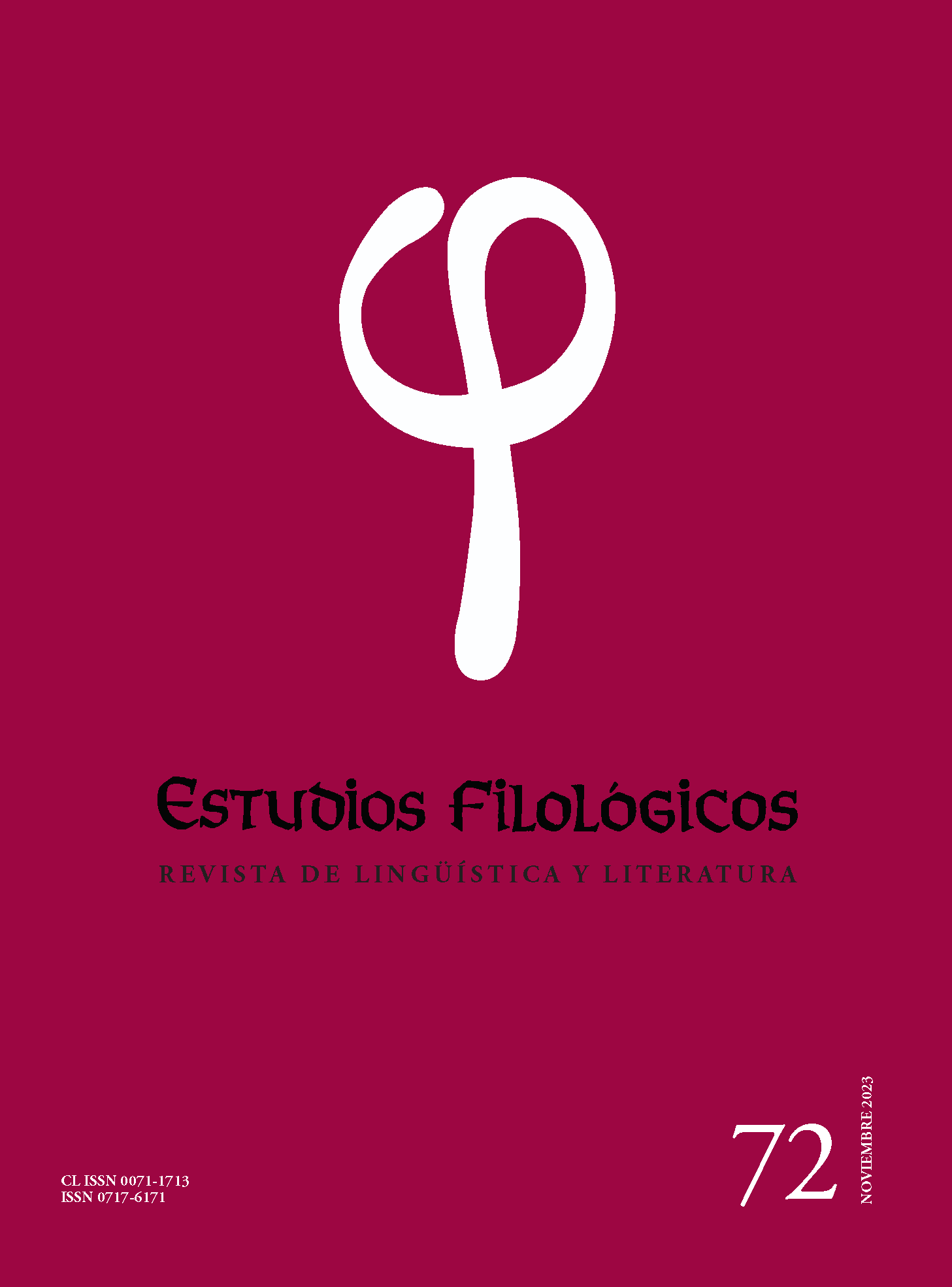Sinitic and Romance shared etymologies of Spanish words can, pan, caño, manar, mano and sano
Main Article Content
Abstract
Using etymological methods, this study has identified six Sinitic and Romance shared (~ Sino- Germanic) etymologies (etyma): 【 犬 , 飯 , 管 , 滿 , 挽 , 全 】 . These six etyma form a rhyme correspondence. This regular sound change validates the etymological connection in question. The etymon 【 犬 】 for ‘dog’ has been identified in Sinitic, Romance, Germanic, Baltic, Celtic, Hellenic, Armenian, Indo-Iranian, Tocharian, Tibeto-Burman and Finnic. The etymon 【 飯 】 for ‘food’ has been identified in Sinitic, Romance, Ancient Greek and Armenian. The etymon 【 管 】 for ‘cane’ has been identified in Sinitic, Romance, Ancient Greek, Albanian, Akkadian and other Semito-Hamitic languages. The etymon 【 滿 】 for ‘overflow’ has been identified in Sinitic and Romance. The etymon 【 挽 】 for ‘arm’ has been identified in Sinitic, Romance, Germanic, Old Irish and Hittite. The etymon 【 全 】 for ‘sane’ has been identified in Sinitic, Romance, Germanic, and Albanian. In words of Western linguistics, the Proto-Indo-European root ḱuōn ‘dog’ and the etymologies of Latin words panis ‘pan’, canna ‘caña’, mānāre ‘manar’, manus ‘mano’, sanus ‘sano’ are newly identified in Sinitic.

